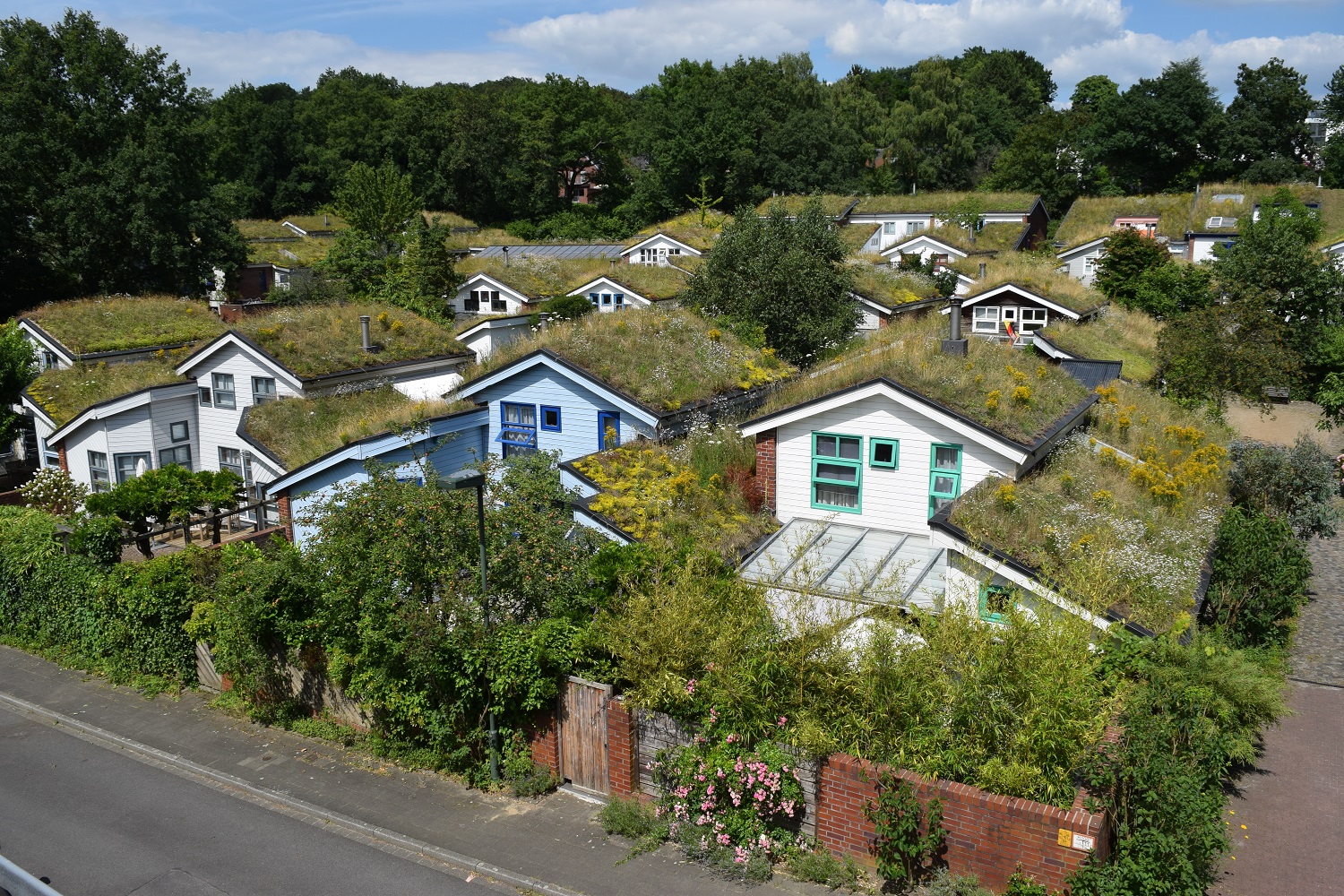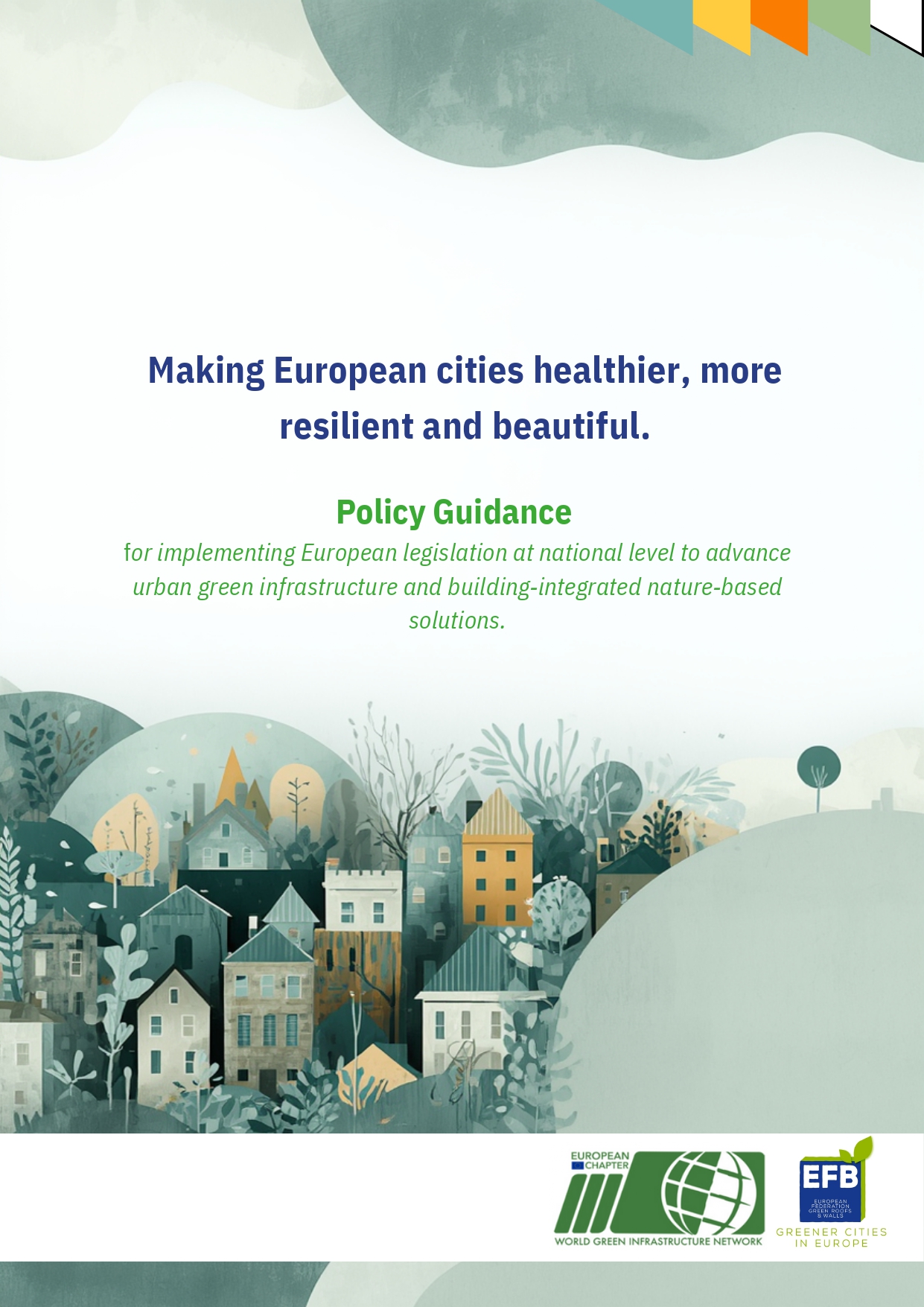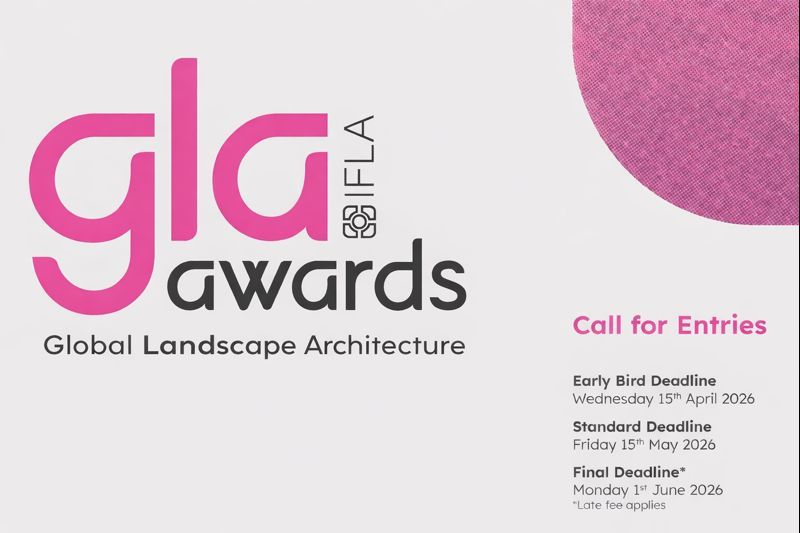The International Federation of Landscape Architects, one of WGIN’s organizational collaboration partners, is presently launching a new award program. Nominations will be accepted until June 1st. Winners will be announced in Hong Kong at the IFLA World Congress in the last week of October, 2026. The IFLA GLA Awards celebrate the projects, policies, and people shaping a resilient future. Entry submissions here. Awards GuidelinesThe IFLA Global Landscape Architecture Awards are designed to recognize the diverse, impactful work of landscape architects worldwide. From Indigenous stewardship to high-tech climate resilience, we are elevating the voices that matter. Key Information Eligibility: Open to landscape architecture practices, individuals, and multi-disciplinary teams as well as students worldwide. Projects must be completed (or published) between Jan 2021 and June 2026. Deadlines– Early Bird: 15 April 202– Standard: 15 May 2026– Final: 1 June 2026 Fees: A Tiered Fee Structure based on the World Bank Income Groups will be used to ensure fair access for professionals in all regions. Award Categories The IFLA Awards program has significant overlap with WGIN’s World Green Infrastructure Awards, and is structured into 18 diverse categories: Climate & Environment: Climate Action, Desertification, Nature Conservation, Water Security, Energy-Efficient Design. Community & Justice: Ethics & Equity, Indigenous Knowledge, Migration & Inclusive Communities, Children & Youth, Age-Friendly Communities. Planning & Culture: Landscapes for Cities, Heritage, Food Systems, International Landscape Convention. Practice & Future: Technology & Innovation, Urban Health, Resilience and Disaster Risk Reduction, Young Landscape Architects. Those who submit nominations for the WGIN Awards are encouraged to consider also participating in the IFLA Awards program. For information or suggestions about organizational collaboration between IFLA and WGIN please contact WGIN Advisory Board Member David Brasfield.




